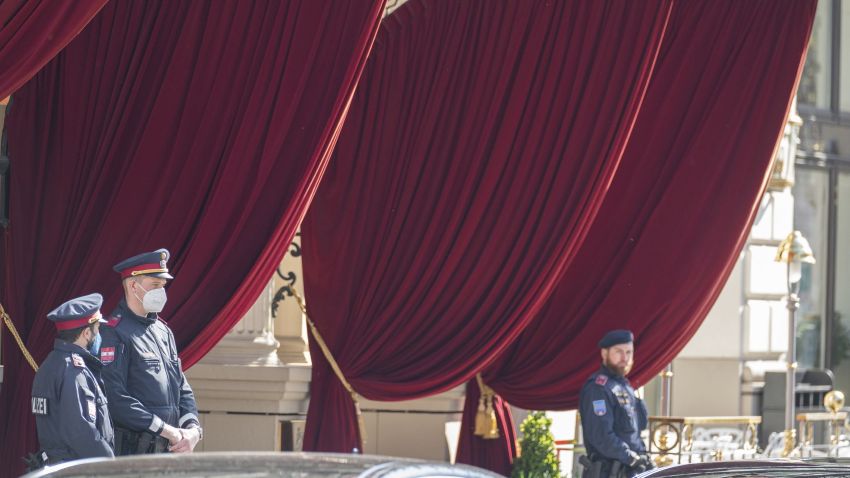The ongoing talks to revive the Iran nuclear deal seem to have entered a critical stage in the past several days, as Iran delivered its response to a draft agreement that EU foreign policy chief Josep Borrell described two weeks ago as a “final text.” As this newsletter goes to print, there is no small amount of optimism that after more than a year of painstaking negotiations, both the U.S. and Iran will return to compliance with the deal known formally as the Joint Comprehensive Plan of Action, or JCPOA.
That deal, which put strict limits on Iran’s uranium enrichment capabilities under a robust oversight regime by the International Atomic Energy Agency, has been on life support since former U.S. President Donald Trump withdrew from it in May 2018. Trump subsequently reimposed unilateral sanctions on Iran that had been lifted under the terms of the JCPOA as part of his administration’s campaign of “maximum pressure,” which sought to force Tehran to abandon its uranium enrichment program altogether, as well as to rein in its missile program and put an end to its problematic behavior across the region, neither of which were addressed by the deal.
The sanctions have decimated Iran’s economy, which took a further hit from the impact of the coronavirus pandemic. But they did nothing to change Iran’s calculus on its enrichment program or its regional adventurism. Instead, Iran began to gradually violate the terms of the JCPOA, increasing its stockpiles of enriched uranium and the level to which it is enriching it, while also beginning to operate advanced centrifuges forbidden by the JCPOA that accelerate the speed with which it can enrich more. It also cut back on the IAEA’s visibility into its enrichment program, thereby compromising a crucial feature of the JCPOA that minimized Tehran’s ability to potentially divert fissile material clandestinely into a hidden nuclear weapons program.

